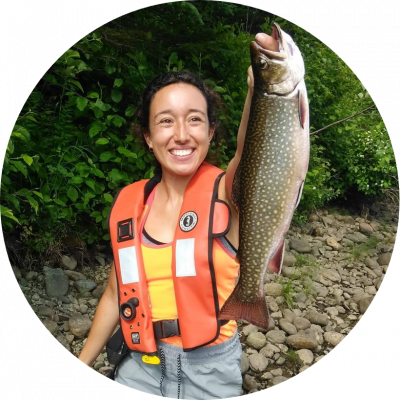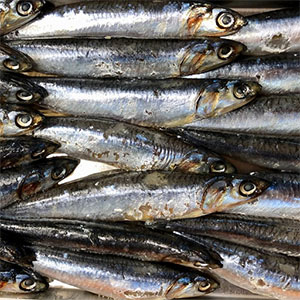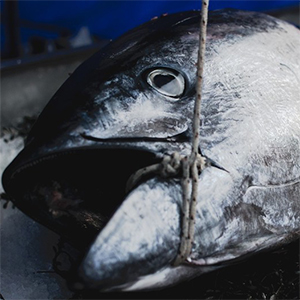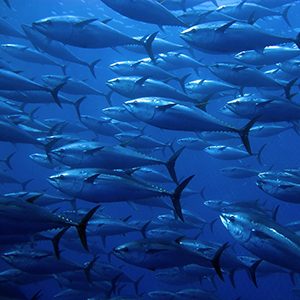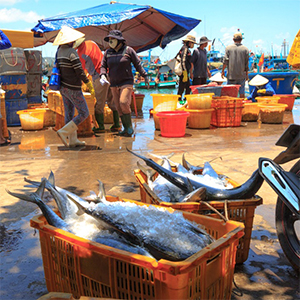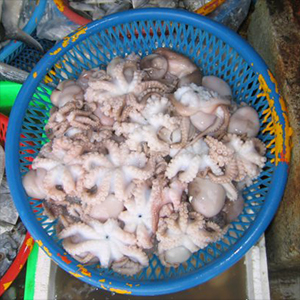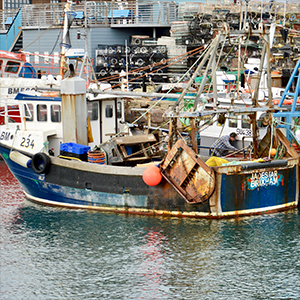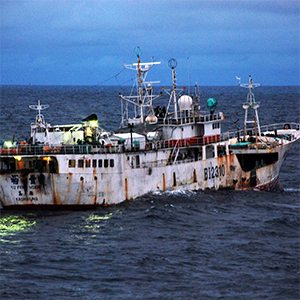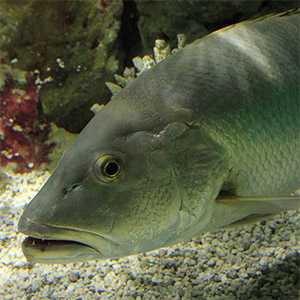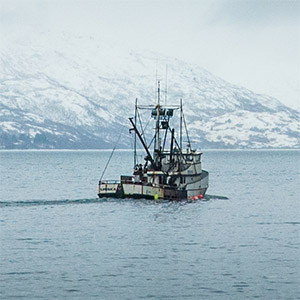STUDENT PROFILE: Samantha Ramirez
I’m creating a model that will predict the hypoxic conditions of freshwater streams years from now. This will help governmental organizations know where to focus their conservation efforts in terms of which streams are going to be the most impacted by our changing environment, said Ramirez.
Management of exploited transboundary fish stocks requires international cooperation
With an average catch of 48 million tonnes per year, and USD $77 billion in annual fishing revenue, transboundary species support critical fisheries, and require international cooperation to manage.
Popular fish species disappear from Turkey’s Marmara and Black Seas
Bluefin tuna, swordfish and Atlantic mackerel are among the fish species considered commercially extinct or extirpated on the Turkish side of the Marmara and Black Seas.
Impact of climate change on tropical fisheries would create ripples across the world
Tropical oceans and fisheries are threatened by climate change, generating impacts that will affect the sustainable development of both local economies and communities, and regions outside the tropics.
Treating fish as a public health asset can strengthen food security in lower-income countries
The food and nutrient security of billions of people worldwide depend on fish being treated as a domestic public health asset instead of a commodity.
Popular seafood species in sharp decline around the world
Of the fish populations analyzed, 82% were found to be below levels that can produce maximum sustainable yields. Of these, 87 populations were found to be in the “very bad” category, with biomass levels at less than 20% of what is needed to maximize sustainable fishery catches.
COVID-19 and BREXIT can help with the recovery of UK fish stocks
The researchers propose fishing targets be set to levels in which fishers leave more fish in the water than the minimum required to generate maximum sustainable yields
Billions lost as illicit fisheries trade hurting nations who can afford it least
Eight to 14 million tonnes of unreported fish catches are traded illicitly every year, costing the legitimate market between $9 and $17 billion in trade each year.
Theory explains biological reasons that force fish to move poleward as climate change heats up the ocean
Gill-Oxygen Limitation Theory, known as GOLT, explains the biological reasons that force fish to move poleward when the waters heat-up due to climate change
Rapidly changing Arctic fisheries potential requires comprehensive management
Unmitigated climate change could net fisheries in the Arctic 37 times more fish than current annual catch amounts by the end of the century
